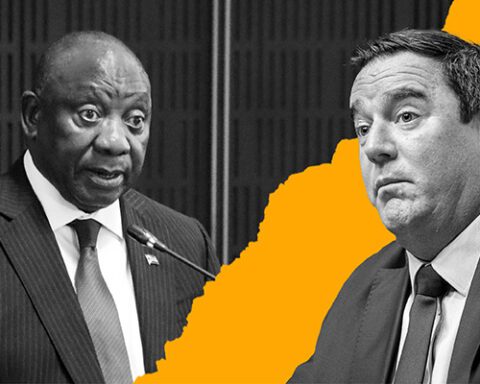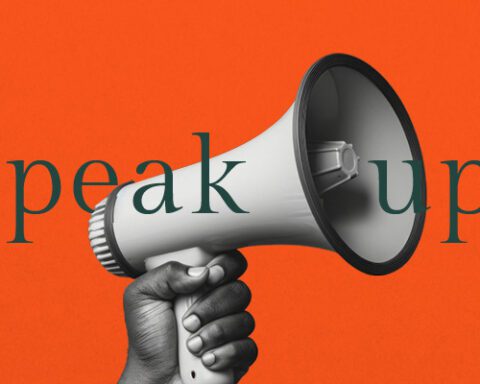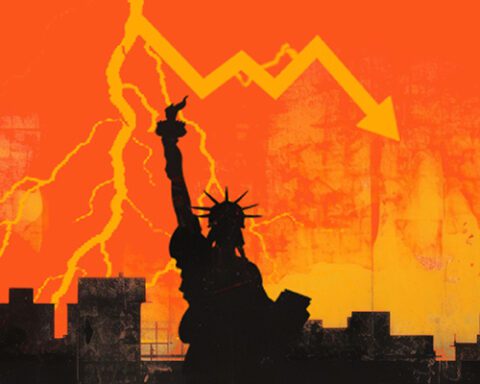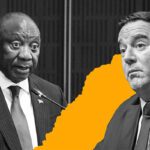Odd thing, victory. During the US election campaign, president elect Donald Trump promised to end the war in Ukraine by Inauguration Day. Victory means having to put that promise into effect. Theoretically.
Trump’s blasting of US President Joe Biden’s handling of the war in Ukraine is just one of hundreds of policy proposals that range from the sensible to the nutty that he is now bound to effect.
But what does that mean in practice, particularly for us here on the southern tip of Africa? It’s hard to know because the effect of Trump’s election on South Africa will either be benign or profound depending on whether Trump’s second term pans out the same as his first. Or – as the world fears – he uses his final term to actually do what he has threatened to do.
At this stage it’s all unclear, because his agenda reflects his transactional and vacillating relationship with ideas, policies and people in power.
Trump opponents tend to see this vacillation as a weakness of character. Big mistake. Tactically for Trump, as the election results emphatically demonstrate, the wavering, indeterminate and fluctuating nature of his approach keeps his opponents off guard: every potential attack can be deflected as inaccurate or incomplete.
Few things illustrate this better than his relationship with the Heritage Foundation’s 2025 Presidential Transition Project. The 881-page document published by the conservative think tank is also called “Project 2025”.
Trump himself repeatedly disavowed the document, including when he debated Vice-President Kamala Harris, falsely claiming he knew nothing about it or the people involved in it. Yet, the New York Times revealed that well over half of the 307 authors of the document had served in Trump’s administration, or on his campaign or transition teams.
The document conceives of a radical overhaul of the executive branch, empowering the president to make far-reaching personnel and administrative changes. It also proposes the criminalisation of pornography, disbanding the commerce and education departments, rejecting the idea of abortion as health care and shredding climate protections. It’s pretty far-right stuff.
“Some of the things they’re saying are absolutely ridiculous and abysmal,” Trump said on Truth Social. Trump’s own platform was called Agenda 47, but last year Trump campaign officials acknowledged Project 2025 aligned well with Agenda 47.
Then in June this year, the BBC reported that Project 2025 had caused some annoyance in the Trump campaign “which had historically preferred fewer and more vague policy proposals to limit opportunities for criticism and maintain flexibility”. Very Trump.
Overlap is palpable, particularly as it pertains to – shocker – the president’s power. Both documents talk about expanding presidential powers based on a controversial and not widely held interpretation of the US constitution known as the unitary executive theory. It was this overlap that encouraged Harris, perhaps unwisely, to call Trump “a fascist”.
The Africa question
So what does Agenda 47 say about Africa, or more particularly South Africa? Er … nothing. What does Project 2025 say about Africa, or more particularly South Africa? Quite a lot, as it happens.
Not only does Project 2025 mention Africa, it calls on the new administration to “prioritise” the continent. “Africa’s importance to US foreign policy and strategic interests is rising and will only continue to grow. Its explosive population growth, large reserves of industry-dependent minerals, proximity to key maritime shipping routes, and its collective diplomatic power ensure the continent’s global importance,” reads the text.
It goes on: “Yet as Africa’s strategic significance has grown, the US’s relative influence there has declined. Terrorist activity on the continent has increased, while America’s competitors are making significant gains for their own national interests. The new administration can correct this strategic failing of existing policy by prioritising Africa and by undertaking fundamental changes in how the US works with African nations.”
It all sounds very sensible. More shocker.
At a bare minimum, the next administration should shift strategic focus from assistance to growth, build a coalition of the co-operative and counter “malign” Chinese activity on the continent, the document says.
It’s notable how much warmer the document is toward Africa than it is toward Europe and, obviously, China.
This odd warmth was reflected somewhat in a post on X by the department of international relations & co-operations’ head of public diplomacy, Clayson Monyela, in response to the claim made by Brooks Spector, a writer for Daily Maverick and a foreign policy expert, that a Harris victory would favour South Africa better than a Trump win would.
Monyela replied that he begged to differ, and that historically relations between South Africa and the US thrive under a Republican White House. Amazing … or perhaps not.
US President Donald Trump. Photo by Chip Somodevilla from Getty Images.
Sign up to Currency’s weekly newsletters to receive your own bulletin of weekday news and weekend treats. Register here.









